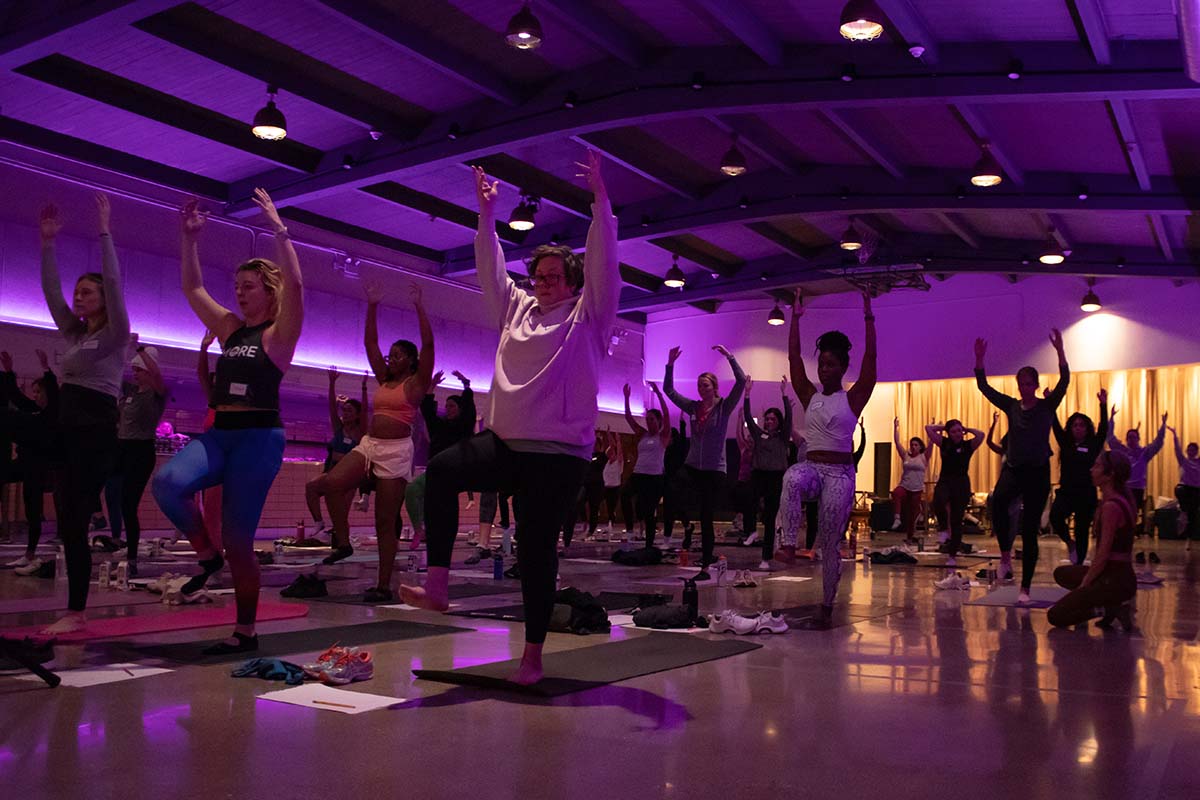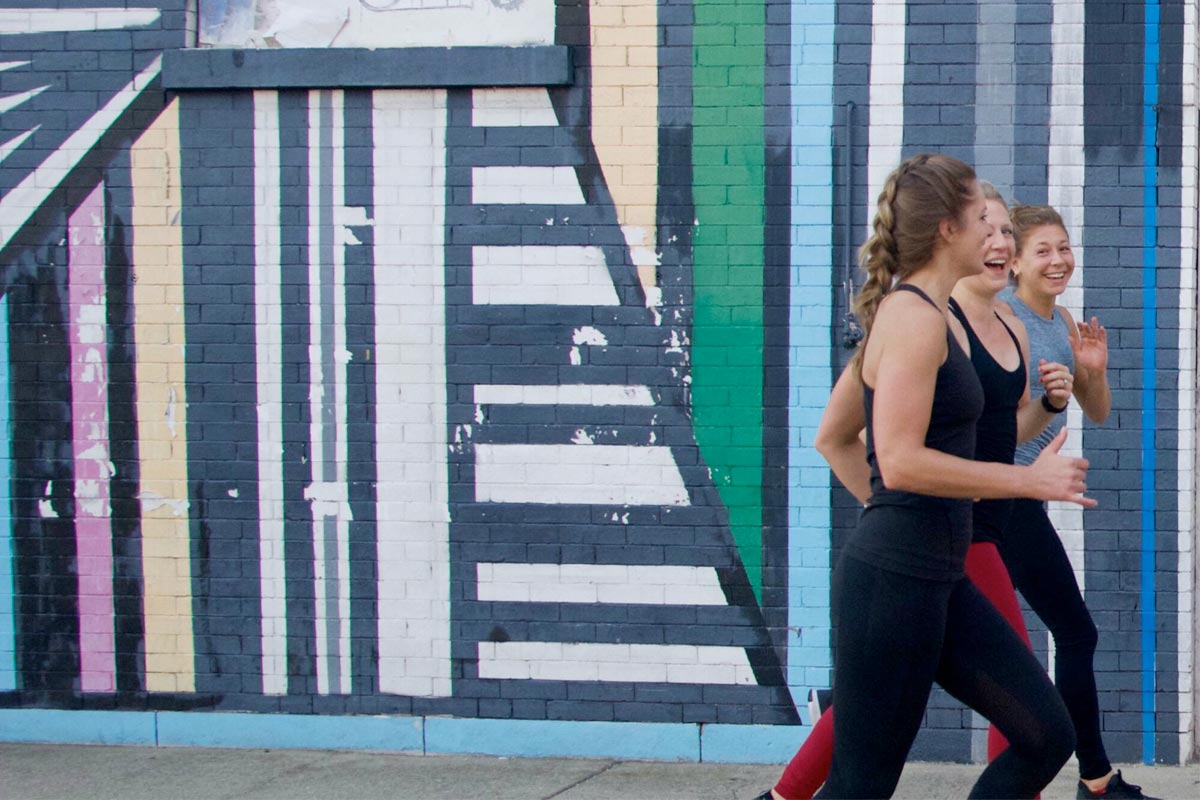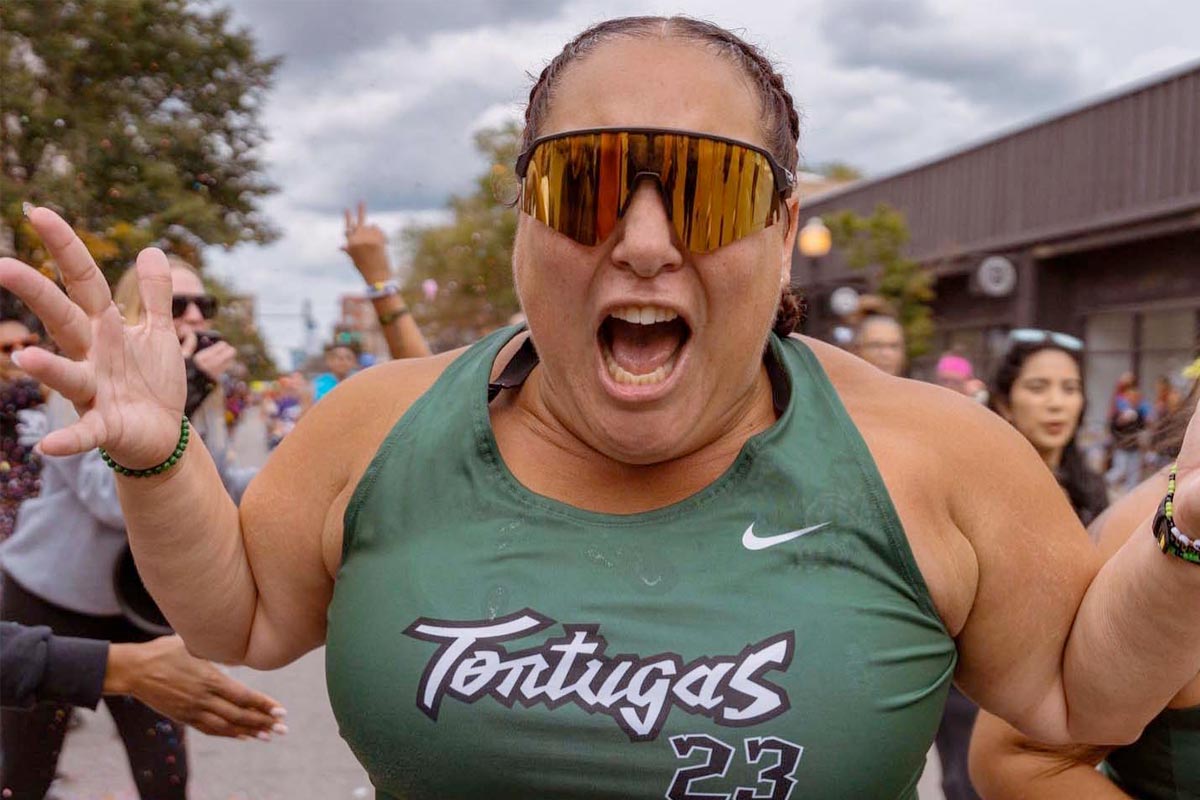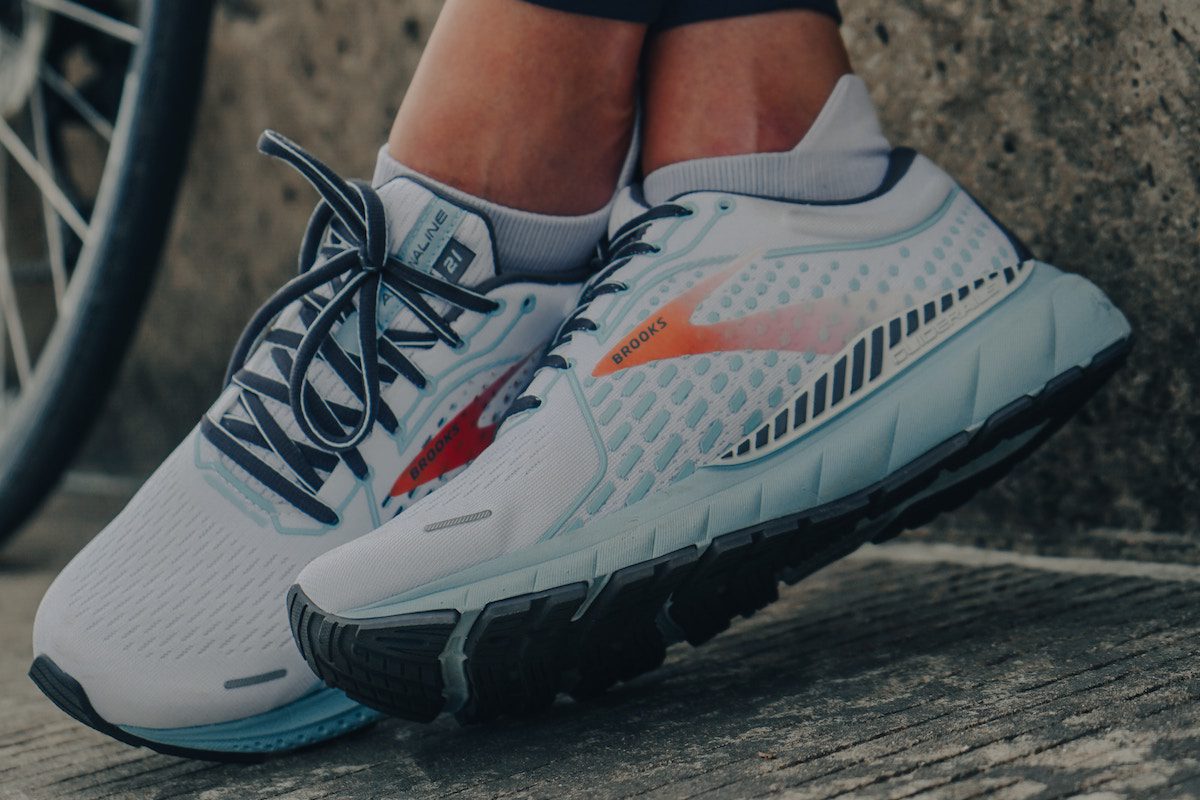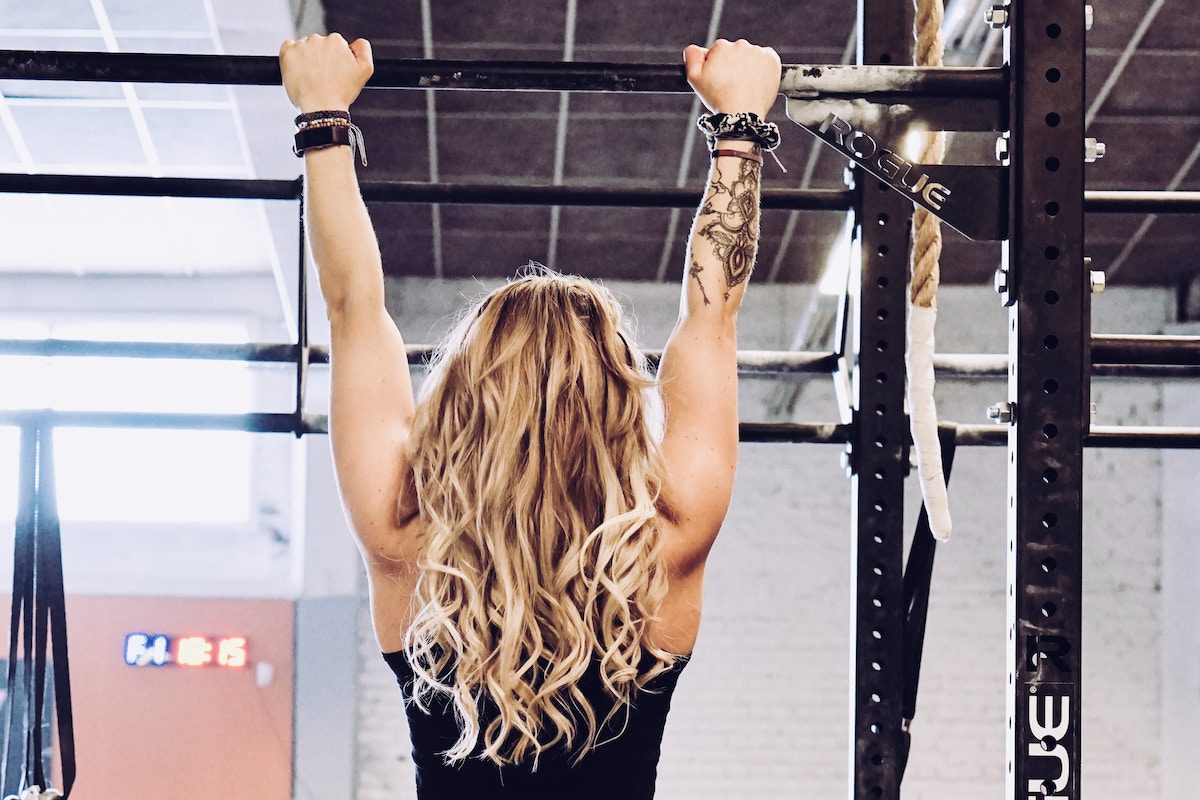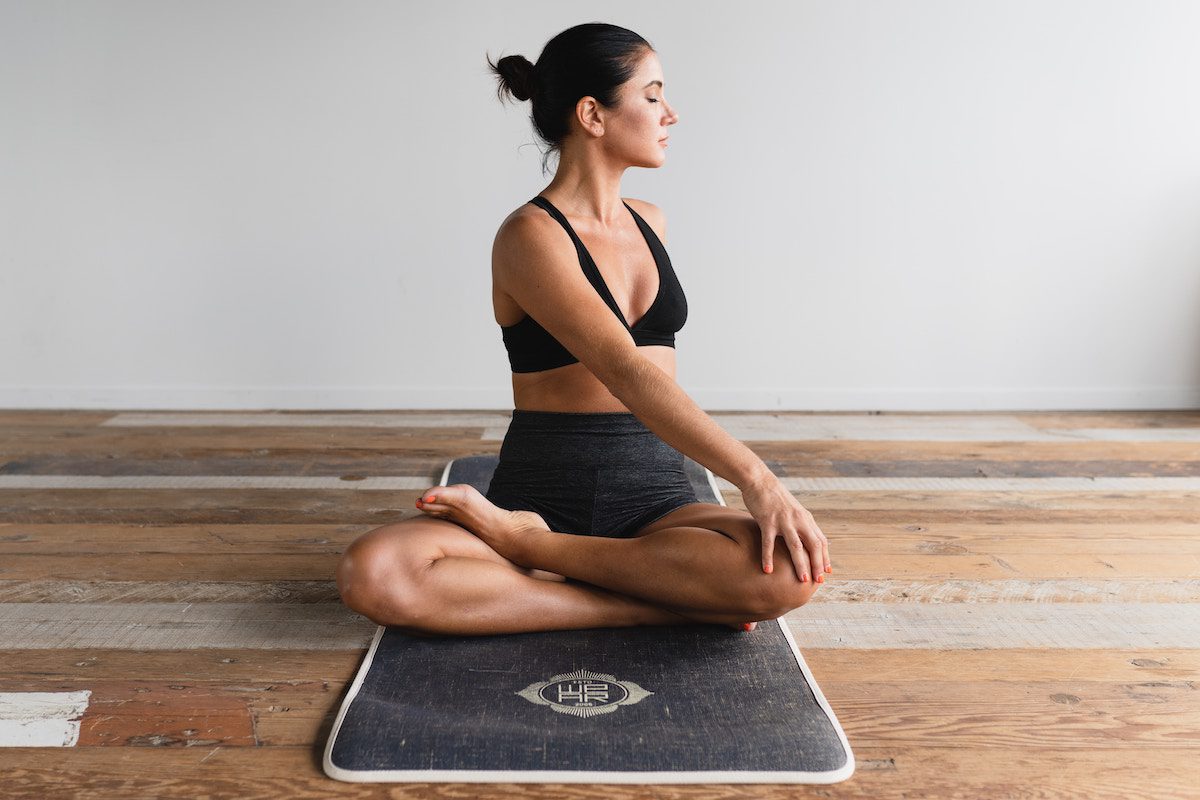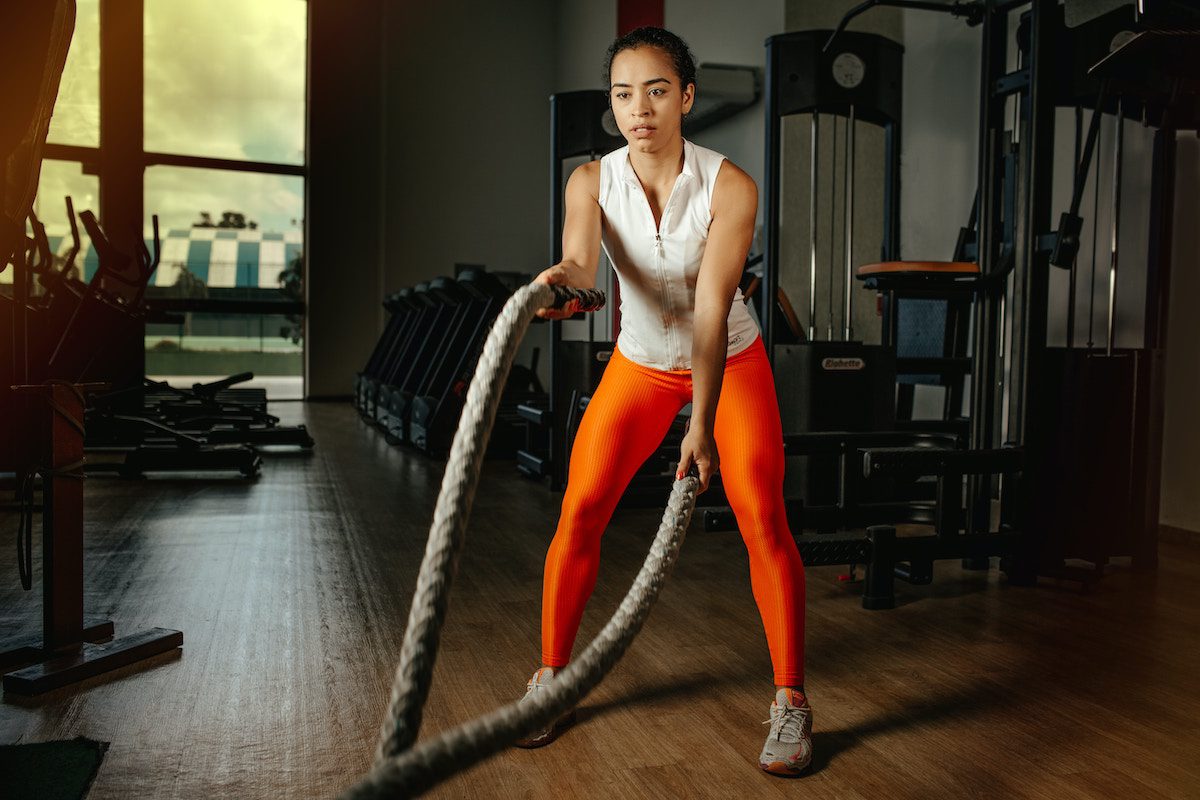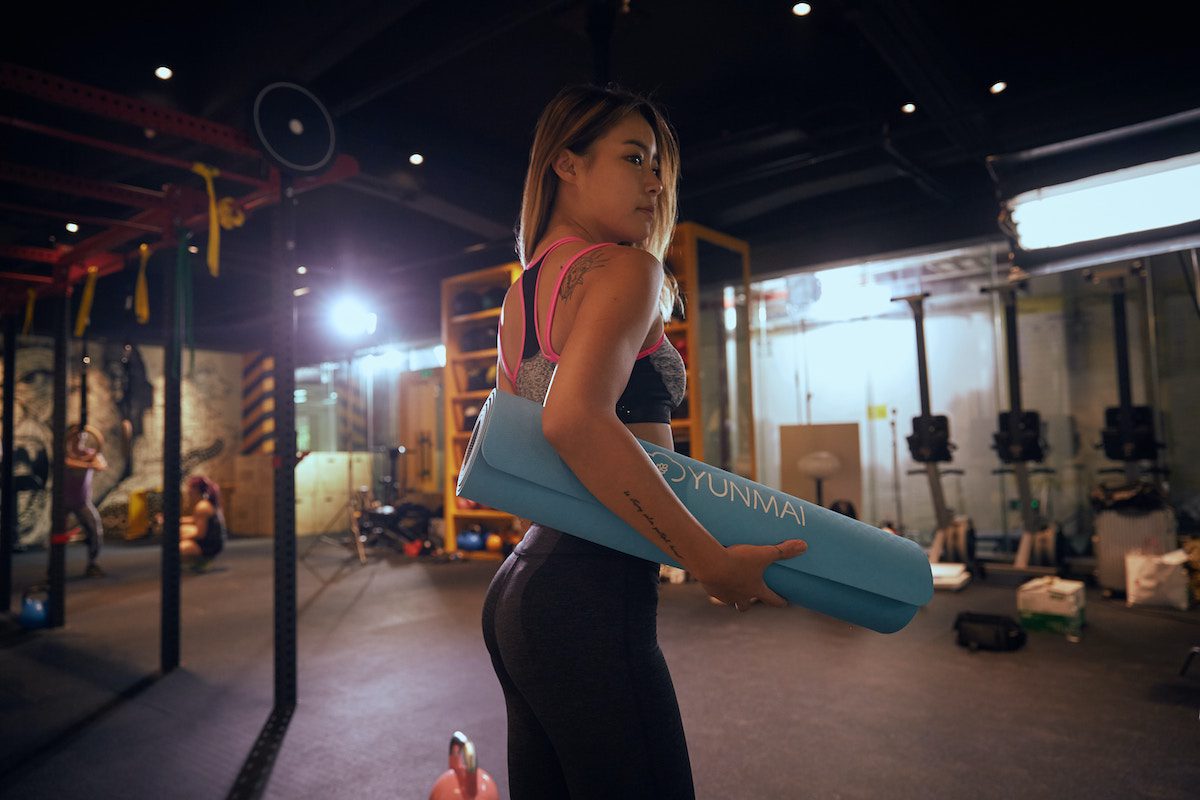The Gender Difference Perspectives: on Fitness
I grew up being the only girl at baseball pitching camps, wearing outfits from the boys line of Gap and aggressively competing in Mario Kart. There was never any indication that because I was a girl, I couldn’t do the same things my brothers did (though oh, how I wish my mom didn’t let me wear boys’ Gap). However, despite the encouragement and intrinsic determination, my athletic endeavors were different than my brothers. In soccer, only three girls had to be on the field in my co-ed league, and usually, only three girls ever were. In track, our coach never took the girls’ meets nearly as seriously. But when I started my group fitness journey about a year and half ago thanks to aSweatLife, I couldn’t help but realize that the majority of attendees at group classes are women. Seeing how different realms of fitness are more occupied by women and others by men, and having passions for both sports and group fitness, I wanted to learn more about both men and women’s perspectives on fitness as a whole.
To delve a little deeper into this question, there have been numerous studies about how people grow up and the pressures society creates (like expecting almost the whole soccer field to be full of boys) leaves a lasting impact on their outlook on fitness. One particular study done by the University of Northern Iowa looked at the differing perspectives of men and women on fitness and health by asking them four simple questions:
- How fit do you think you are?
- How do you know you are fit or in-shape?
- What is your fitness ideal?
- Where does your fitness ideal come from?
Their results were not necessarily surprising, but they were definitely interesting:
Themes for Women
One of the major trends from female responses was that females base their fitness levels off of the ability to do everyday tasks. Able to run up the subway stairs and catch the train? That triggers a sense of fitness and value of exercise for a majority of women.
Women are also pretty hard on themselves (shocker) and are consistently looking for ways to improve. Many of those who participated in the study work out at least 3-4 times a week, but still want to participate and see progress in areas of exercise they aren’t strong in. For example, someone who runs all the time but wants to be more flexible and have increased strength in yoga class.
This also ties in to a woman’s tendency to compare herself to others. Another main trend when asked, “Where does your fitness ideal come from?” was influences from the media. Many women discussed the high standards publicized all around them, and wanting to fix “problem areas” and lose weight. One of the participants noted what the typical definition of being “fit” is, referencing a magazine cover when saying, “And that’s what this image tells me, that you have to be skinny and have abs to be fit.”
This participant is right in noticing that the media outlets do support those beliefs. According to Instagram, The Bachelor and health magazines, what woman wouldn’t want to “lose your tum” or have “a flat belly in 14 days?”
After reading these findings, I was a little disheartened. Though it certainly is a trend, I felt as though my aSweatLife female friends and all other fitness friends wanted more than just a flat belly out of their workout. So, to counteract the survey I asked the same four questions to my peers and came out with similar, but more optimistic responses:
“I know I am fit because I can do box jumps higher than I ever could before, or even higher than I knew was possible since before last year I didn’t do box jumps.”
“My fitness ideal comes from myself. When I feel strong and energetic from maintaining a positive, well-rounded lifestyle, my whole perspective improves. I know what it takes to feel that great, and it isn’t easy, but it is worth it.”
“My fitness ideal is looking bomb in my favorite outfits. But I could look bomb at 10 pounds over what the Insta models say I should be.”
#GIRLBOSS
Now on to the fellas …
Themes for Men
The main theme of how men came about their interest in fitness was the role of fathers and sports. A majority of the survey participants noted that fitness was a part of their daily lives, not so much something they went out of their way to care about, but rather they participated in group activities like a pick-up basketball game or football.
Rather than comparing themselves to images in the media, many men reference older men in their lives who inspired them to be athletes. Men aren’t immune to caring about their appearance though as one participant noted that he looks at himself to make sure that he looks “decent.”
Also, to be better at the team sports many men participate in, increased muscle mass is generally a necessary factor. Similar to the responses from women, I had to think that there was more to male motivation than just sports and a father figure, so I asked some guys the same four questions. Notably, I asked my twin brother who is (admittedly) not a typical athlete and does not prioritize health. His response:
“I cared about running fast because I didn’t want you to beat me, but I never thought about what my body looked like while doing it. When you got beat by a girl it was the worst. Now my ideal is not being tired when skiing, and thinking that when I get older I don’t want to be obese.”
Some other responses from more avid exercisers:
“I like to see the improvement from week to week in lifting weight. It doesn’t take too much time and it is an easy way to feel accomplished. I do it for myself, I guess, but I do talk about it with my friends.”
“A few months ago I felt like I was getting a little over weight, so I decided to make a change. Instead of eating two pizzas for dinner I only had one, and I would get off the train one stop farther to walk. Then I lifted weights for a little bit a couple days a week, and now I feel way more fit.”
Though there are some differences that will probably never change, men and women do share the internal motivation to remain fit to be able to get through daily life effectively. It seems as though, as with most things, we could learn a little from trying to take on the perspectives of both sexes: focus on getting stronger each day and only eat one pizza for dinner.
Have you ever thought about what your perspectives on fitness are? When you think about what the word “fit” means, what comes to mind?


